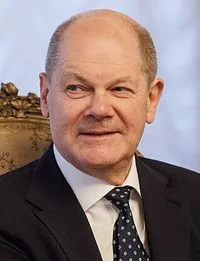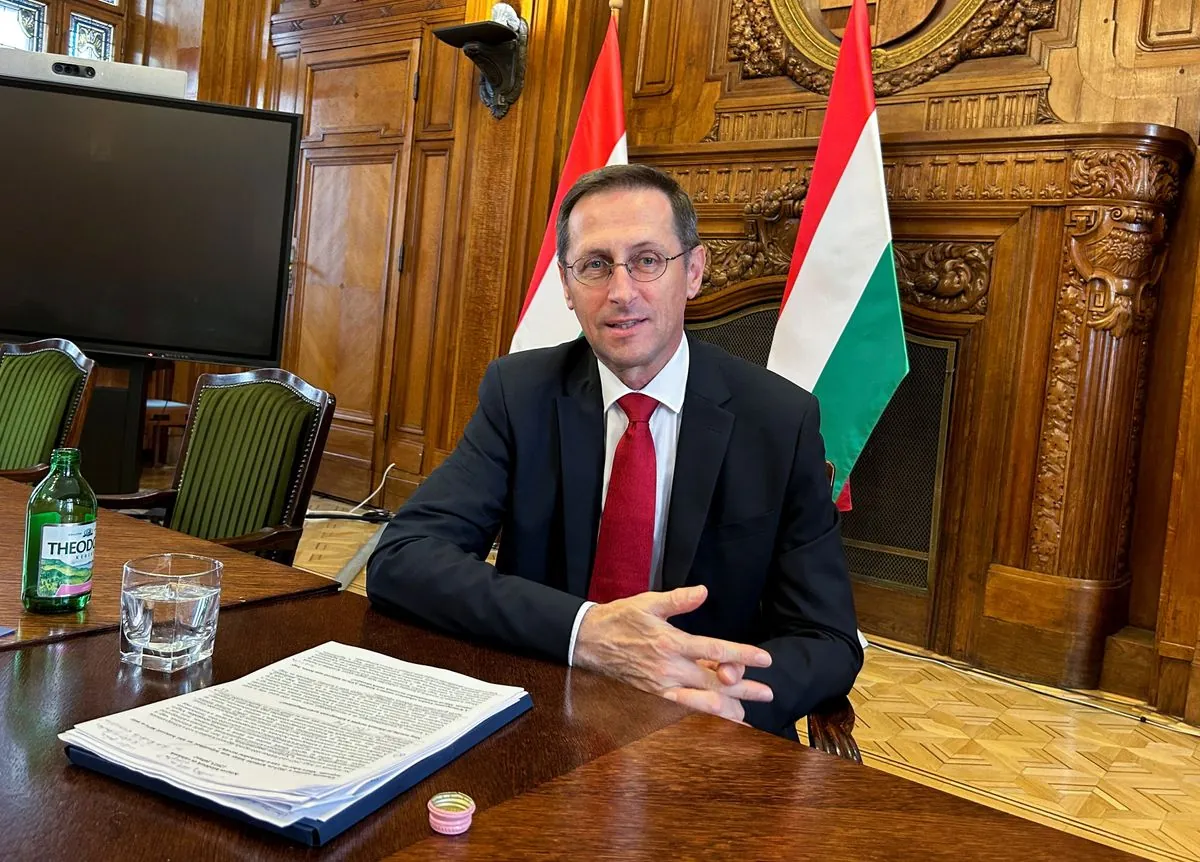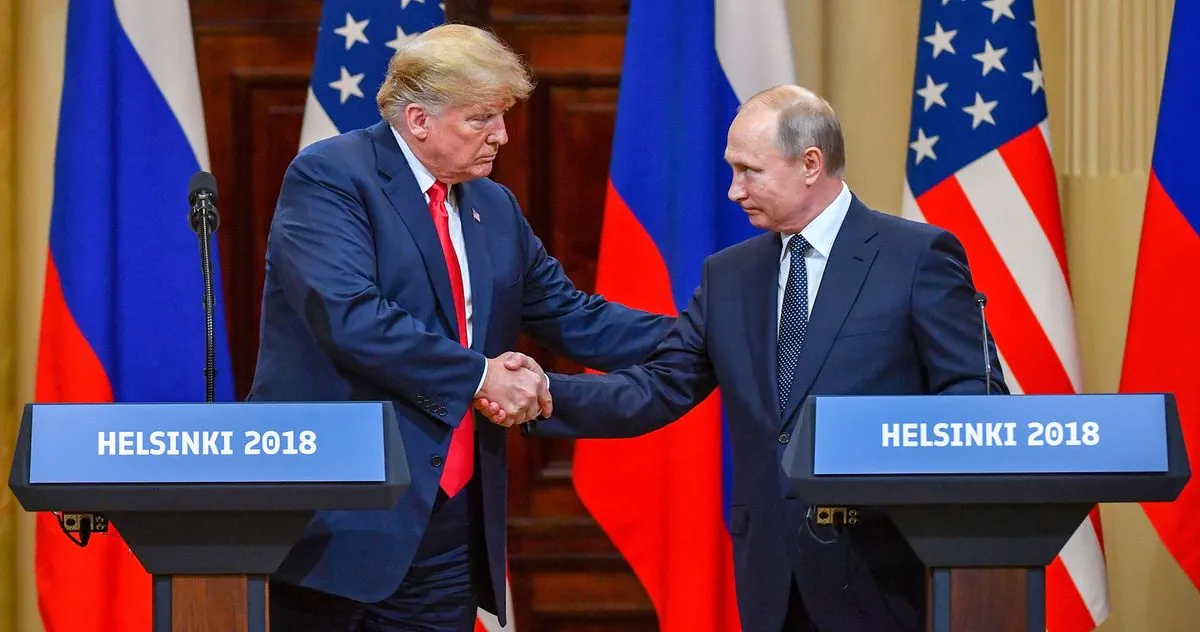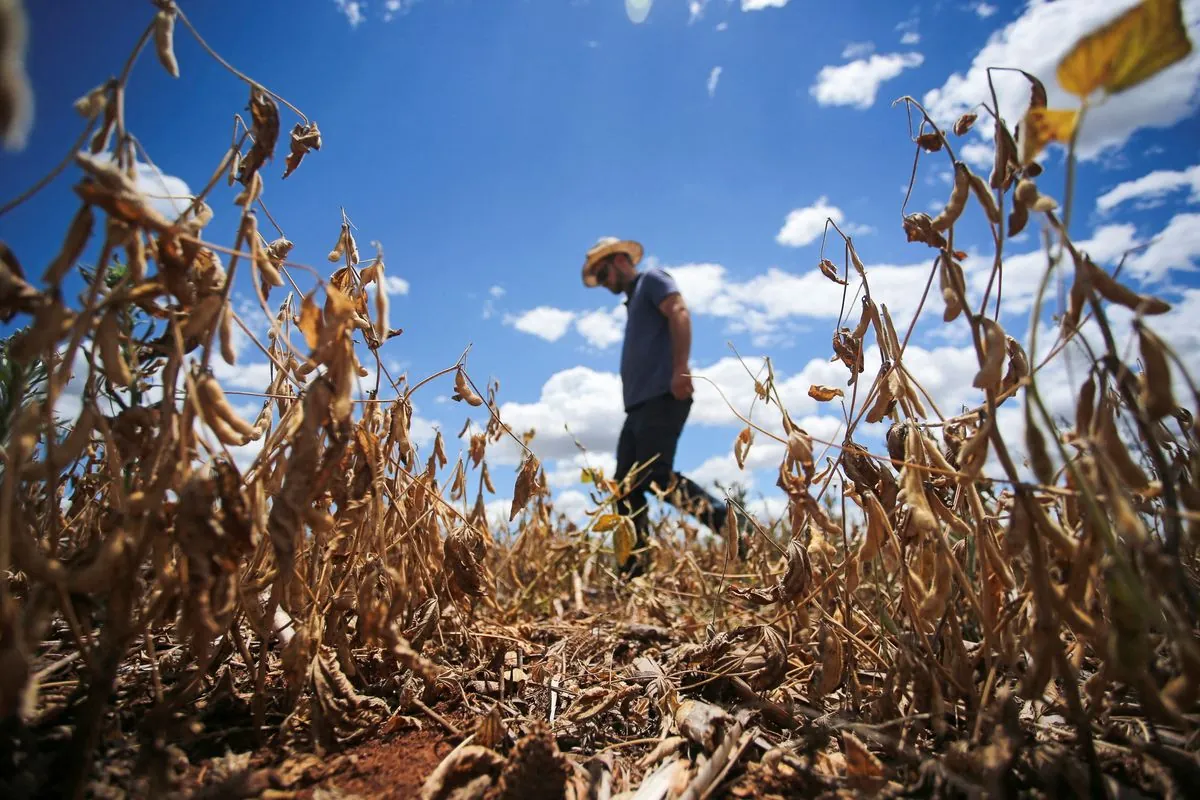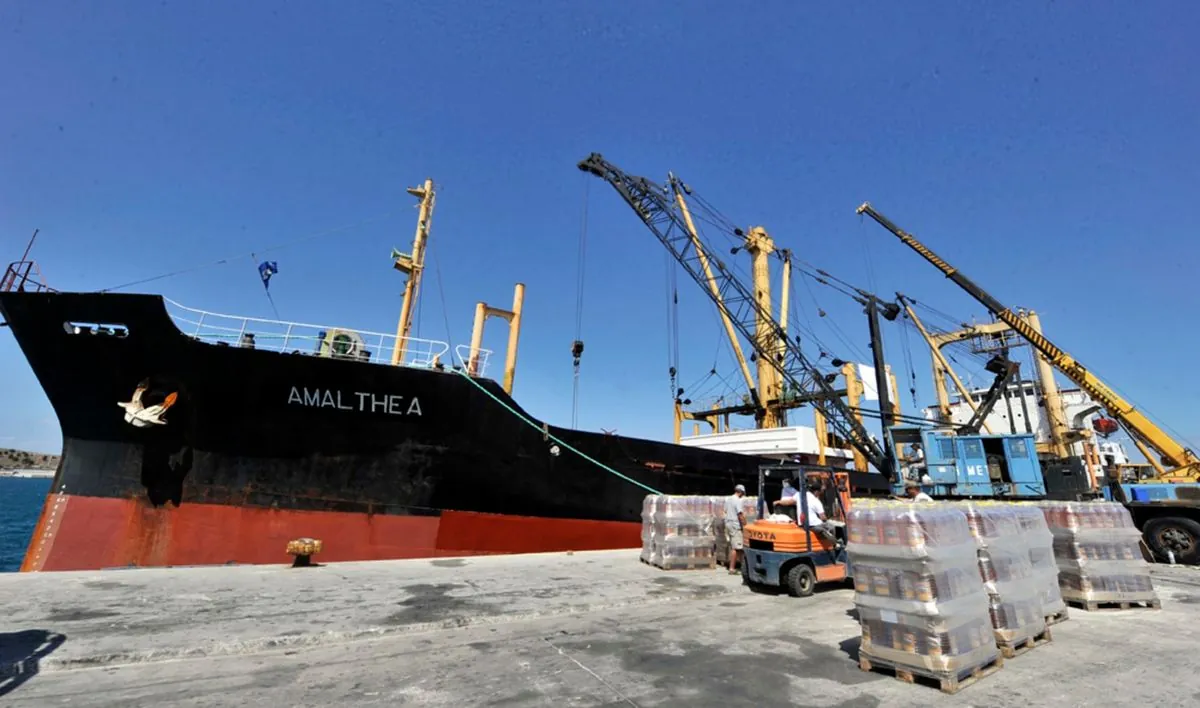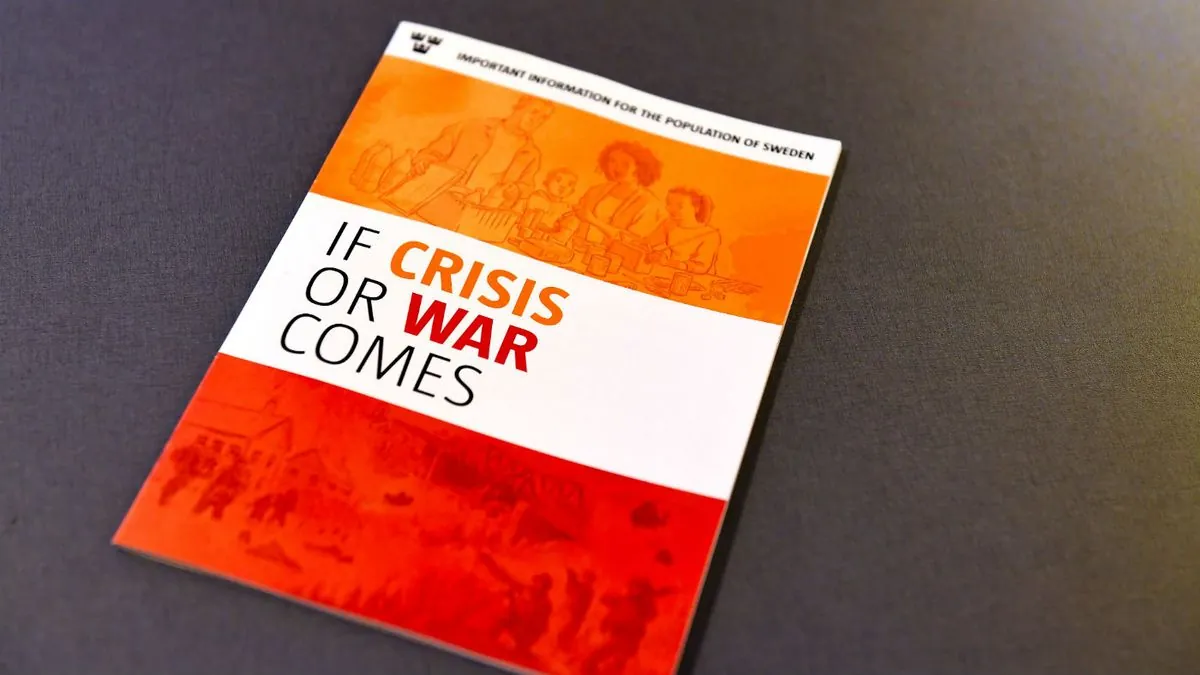Brazil's Inflation Set to Rise Amid Drought and Economic Challenges
Brazil anticipates inflation increase in September due to drought and fiscal policies. Central bank's efforts to control prices face hurdles as government spending remains high, despite strong economic growth forecasts.
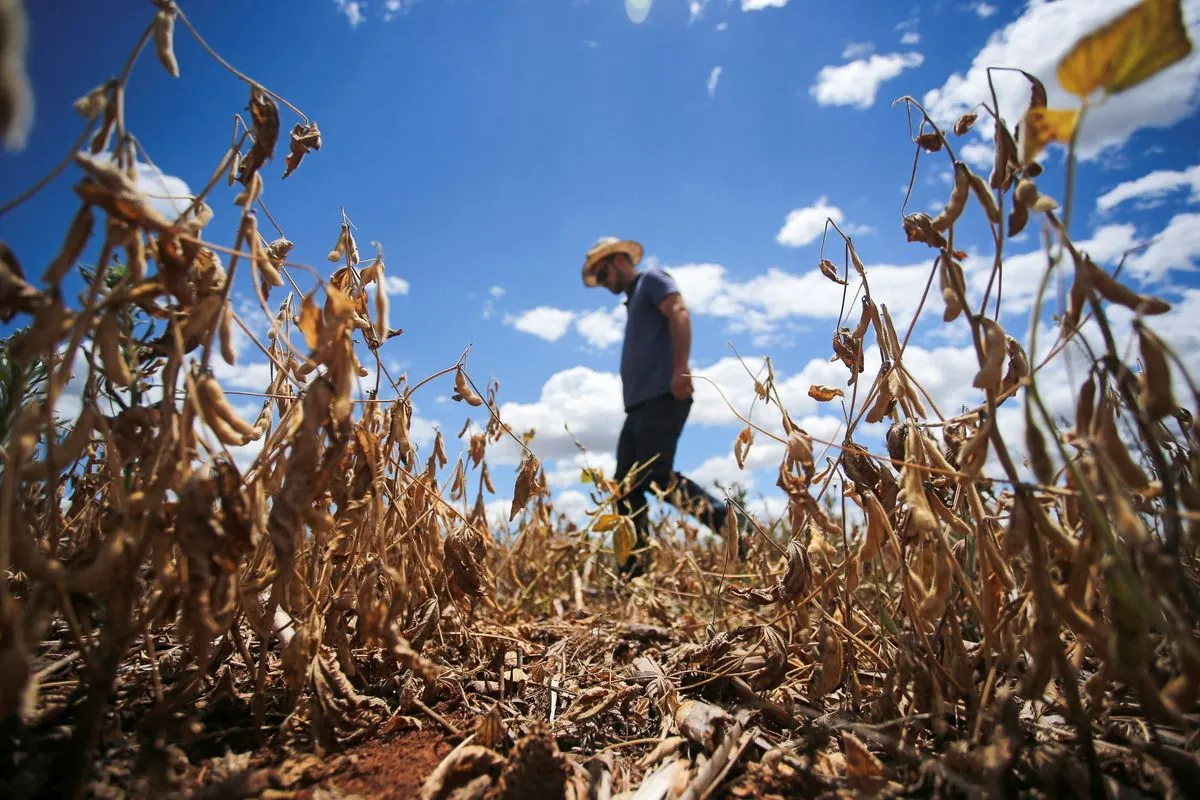
Brazil, the largest country in South America, is bracing for an uptick in consumer prices this September, following a period of relative stability in August. This anticipated rise in inflation is primarily attributed to a severe drought impacting agricultural output and other economic factors.
The Brazilian real, introduced in 1994 to stabilize the economy after periods of hyperinflation, is once again under pressure. According to a recent Reuters poll, economists project the IPCA consumer price index for September to increase by 0.46% from August and 4.43% year-over-year.
Several factors are contributing to this inflationary trend:
- Drought effects on agriculture
- Higher energy tariffs due to low hydroelectric reservoir levels
- Increased cigarette prices
Bruno Imaizumi, an economist at LCA Consultores, notes:
"The first effects of the drought will put pressure on some food and beverage prices, such as fruit, meat, milk and dairy products, baked goods, drinks and infusions."
This situation highlights Brazil's vulnerability to climate-related economic shocks, given that its agricultural sector accounts for about 5% of GDP but 25% of exports.
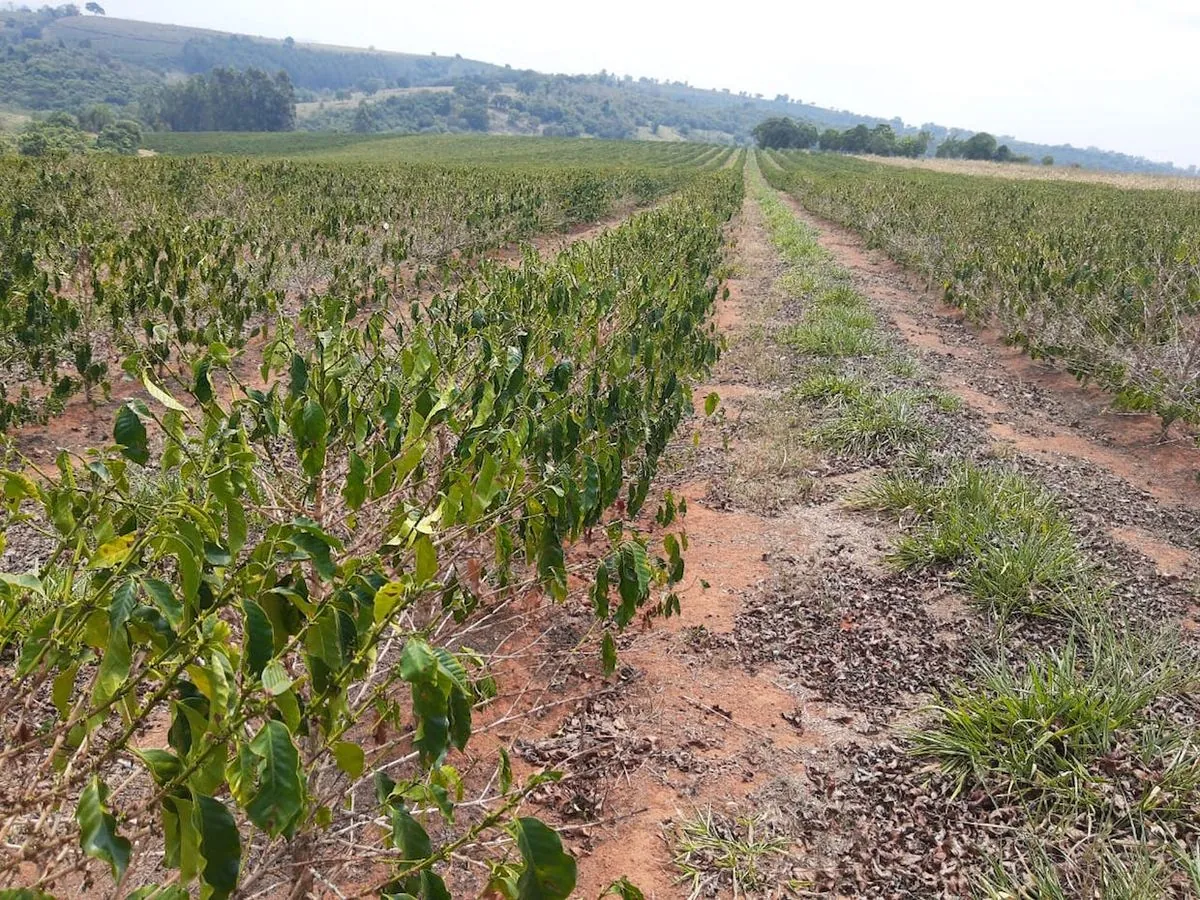
The drought's impact extends beyond agriculture. Brazil's heavy reliance on hydroelectric power, which generates about 65% of its electricity, has led to higher energy tariffs as reservoir levels drop. This interconnection between climate, agriculture, and energy underscores the complex challenges facing the Brazilian economy.
Inflation has been running above the central bank's 3% target since June, prompting Banco Central do Brasil to halt its interest rate easing cycle and subsequently raise rates. However, some policymakers are concerned that these monetary policy measures may have limited effectiveness due to elevated public spending.
Roberto Campos Neto, the central bank chief, has attributed persistent inflation to concerning fiscal trends, as President Luiz Inacio Lula da Silva's government continues to stimulate the economy through increased spending. This situation creates a challenging environment for monetary policy transmission, highlighting the need for better coordination between fiscal and monetary policies.
Despite these inflationary pressures, Brazil's economy continues to show resilience. The Finance Ministry recently raised its growth forecast for 2024 to 3.2%, up from 2.5%, following a 2.9% expansion in 2023. This growth is partly fueled by government fiscal stimulus, which keeps economic activity robust.
Economists at ABC Brasil observe:
"With activity and job markets booming, and real wages and (economic) expectations on the rise, service prices tend to remain relatively rigid and hover above 3.0%."
As Brazil navigates these economic challenges, it's worth noting that the country has made significant strides in reducing economic inequality through social welfare programs like Bolsa Família. However, the Gini coefficient indicates that inequality remains high by global standards, adding another layer of complexity to the country's economic landscape.
In conclusion, Brazil faces a delicate balancing act between managing inflation, sustaining economic growth, and addressing long-term structural issues. The coming months will be crucial in determining how effectively the country can navigate these interconnected economic challenges.













